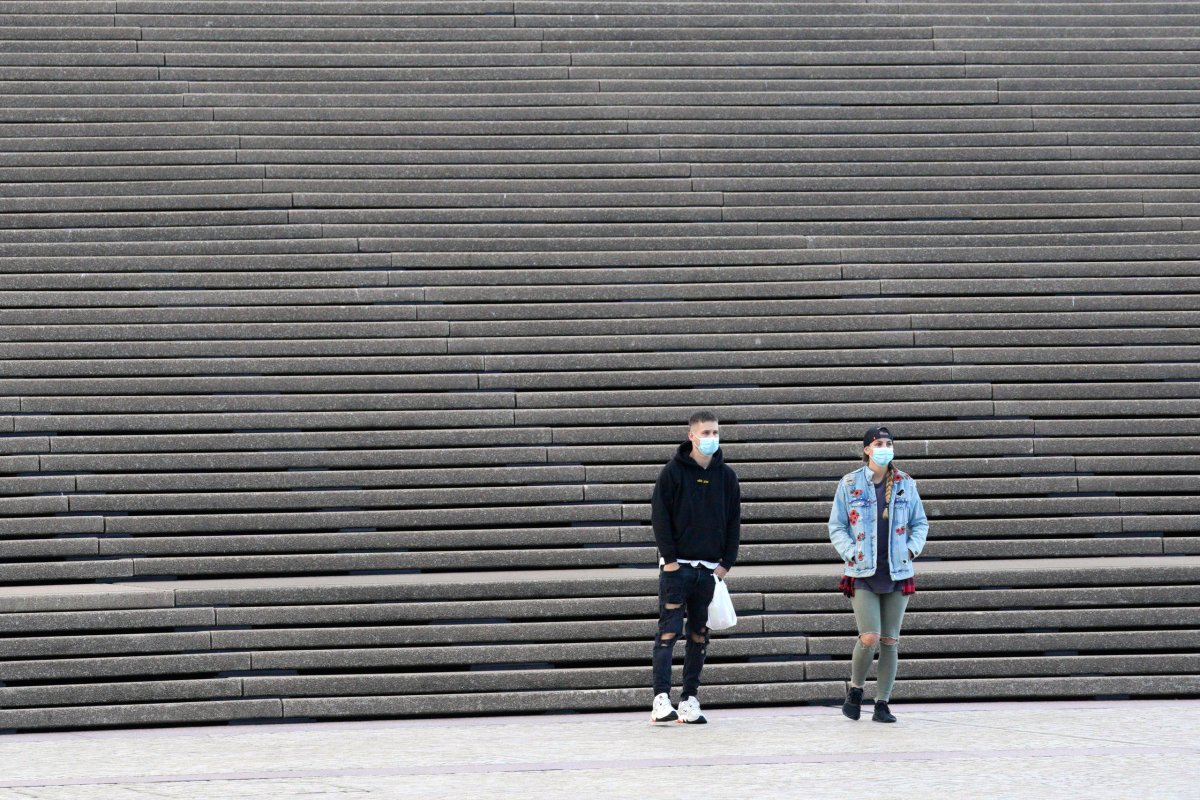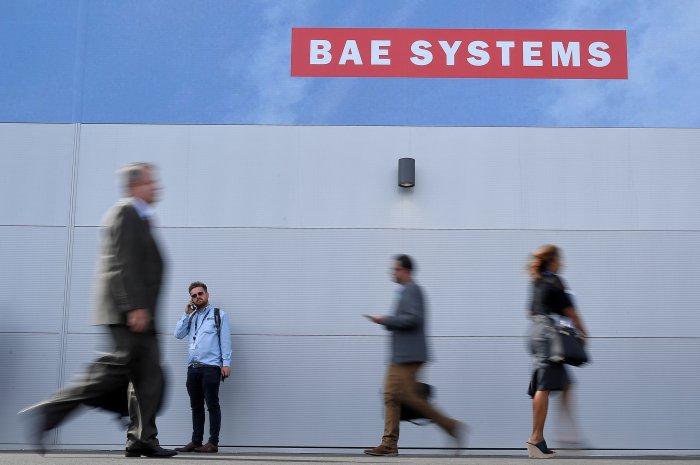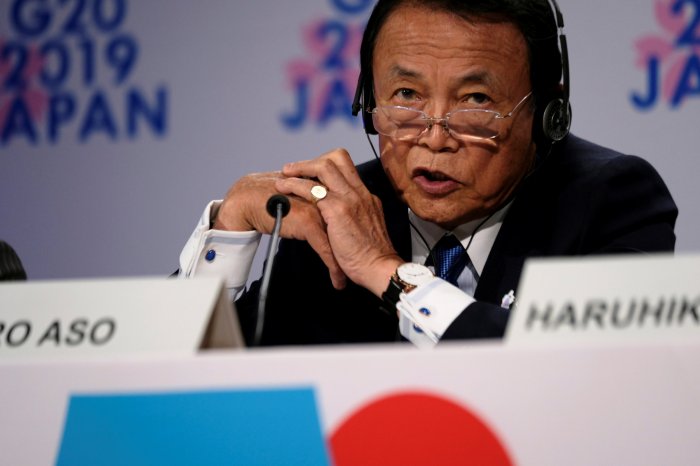SYDNEY (Reuters) – Australia’s conservative government will subsidise the wages of 6 million people for at least the next six months after lawmakers approved the country’s largest financial stimulus package to cushion the economic blow from the coronavirus pandemic.
Citing the threat of a prolonged economic downturn, Prime Minister Scott Morrison’s government late last month outlined a plan to pay employees at any company that has seen a 30% reduction in revenues A$1,500 ($928) every fortnight.
The wage subsidy package, which is expected to cost A$130 billion, is the centrepiece of A$320 billion pledged by the government and central bank in financial support as the pandemic shuts companies and leaves many unemployed.
“This is the biggest economic lifeline that this country has ever seen,” Australian Treasurer Josh Frydenberg told reporters in Canberra.
“We will do whatever is necessary to ensure our nation gets to the other side of this coronavirus pandemic.”
The package was approved by a pared back version of Australia’s parliament with the support of the opposition Labor party.
Fewer than normal lawmakers were present for the one-day sitting to minimise the risk of the virus spreading.
The economic rescue package comes after S&P on Wednesday lowered the outlook on the country’s ‘AAA’ sovereign rating to “negative” from “stable”.
“The COVID-19 outbreak has dealt Australia a severe economic and fiscal shock,” the ratings agency said.
“We expect the Australian economy to plunge into recession for the first time in almost 30 years, causing a substantial deterioration of the government’s fiscal headroom at the ‘AAA’ rating level.”
A triple-A credit rating is given to only a select group of countries with the strongest finances. The rating means a country can easily meet its financial commitments, has the lowest risk of default and can borrow money more cheaply.
Many economists predict the worst recession in Australia’s history regardless, with unemployment expected to double to near 10%.
The Reserve Bank of Australia on Tuesday predicted a “very large” economic contraction in the current quarter as restrictions to slow the spread of the coronavirus bite.
HORRIBLE SITUATION
Australia has for weeks curtailed people’s movements, limited social gatherings and forced many businesses in the hospitality, retail, transport and education sectors to shut.
Those businesses that remain open face falling sales and increasing operational restrictions.
The restrictions have helped slow the spread of coronavirus in Australia. The number of new cases has grown by around 2% in recent days, well below the 25% daily growth that was being recorded last month.
Australia now has just over 6,000 cases, with 50 deaths.
Although the spread of the virus has slowed, authorities have warned against complacency.
“The virus doesn’t take a holiday,” Health Minister Greg Hunt told reporters in Canberra.
Hunt said Australia will distribute 11 million face masks to hospitals and doctors, some of whom have complained about a lack of protective equipment.
The early success in controlling the spread of the virus has fanned speculation some of the mobility restrictions could be eased from the beginning of May.
The New South Wales (NSW) state premier, Gladys Berejiklian, said in a televised briefing in Sydney that “there could be a chance, if the health experts deem it appropriate”.
However, she warned lifting restrictions could lead to a second wave of infections. NSW is the country’s worst affected state, accounting for almost half the total infections.
“Every time you relax a restriction, more people will get sick. More people will die. And it’s a horrible situation to be in, but they’re the choices and we need to be up-front about that.”
(Reporting by Swati Pandey; Additional reporting by Renju Jose; Editing by Richard Pullin, Michael Perry, Lincoln Feast and Giles Elgood.)

























